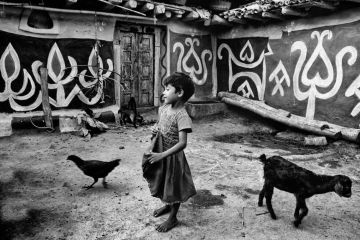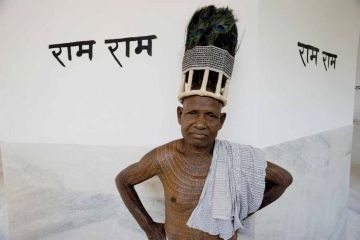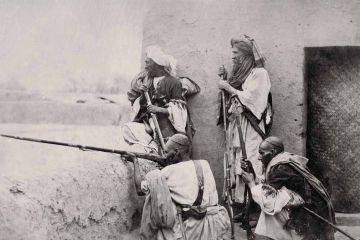The term megacity conjures up a vision of gleaming lights, luxury high
rises and wide roads with cars zipping through them in a frenetic, endless dance
that represents the urban dream at its most fancy. For the family of Mohammad
Manto the reality is as different as it could be.
Home for them is a Kolkata pavement, for all 12 adults and 17 children.
I met them near the New Market bang opposite the Kolkata Municipal Corporation
as I was taking a stroll one morning. It is hard to believe th
Continue reading “Roofless on a sidewalk in Kolkata”
Read this story with a subscription.





